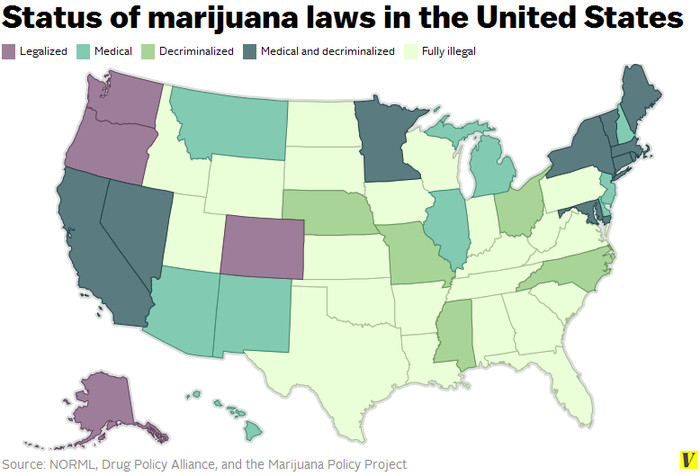1. Read this article on the policing tactic called Stop and frisk.
- In a few sentences, describe/explain what "stop and frisk" is.
- Why do some claim the practice is racist?
- Read the introduction. How many stops were recorded in 2012? How many stops does each "dot" represent? How many total "dots?"
- Click "The Suspected" tab at the top of the page.
- Which NYC borough had the most stops?
- Which race was stopped the most?
- Which age group has been stopped the most?
- Which sex has been stopped the most?
- Put these together. What is the profile of the average person stopped by "Stop and Frisk?"
- Click on "The Stops" tab.
- What were the five most common reasons for stops? What does "furtive" mean?
- Was it more common for the person to be frisked or not?
- What were the three most common reasons that a person was frisked?
- Was it more common for force to be used or not?
- Click on "The Outcome" tab
- In how many stops was contraband (illegal items) found?
- In how many stops was a weapon found?
- In how many stops was a gun found?
- In how many stops was an arrest made?
- What was the main point (message) of this video?
- What does the video suggest the impact of Stop and Frisk is on the relationship between police and members of the community?
- How does the NYPD "encourage" officers to make Stop and Frisk stops? Why do many officers who disagree with it, still make "250s"?
- What are the primary arguments in support of "Stop and Frisk?" Provide at least three pieces of specific data that supports the policy.
- What are the primary arguments against "Stop and Frisk." Provide
at least three specific pieces of evidence to support arguments against
the policy.
- Which arguments are most convincing to you?
- If you agree that it should be used, what would you say to a law-abiding New Yorker who is stopped 5-7 times a year for no other reason that the color of his skin and the neighborhood in which he lives?
- If you disagree with the process, what would you say to those people who live in dangerous areas of NYC and are desperate for the police to be as active as possible in preventing violent crime?
6. Do you think the policy would have the support it does if 87% of the people stopped were White instead of Black and Latino?

